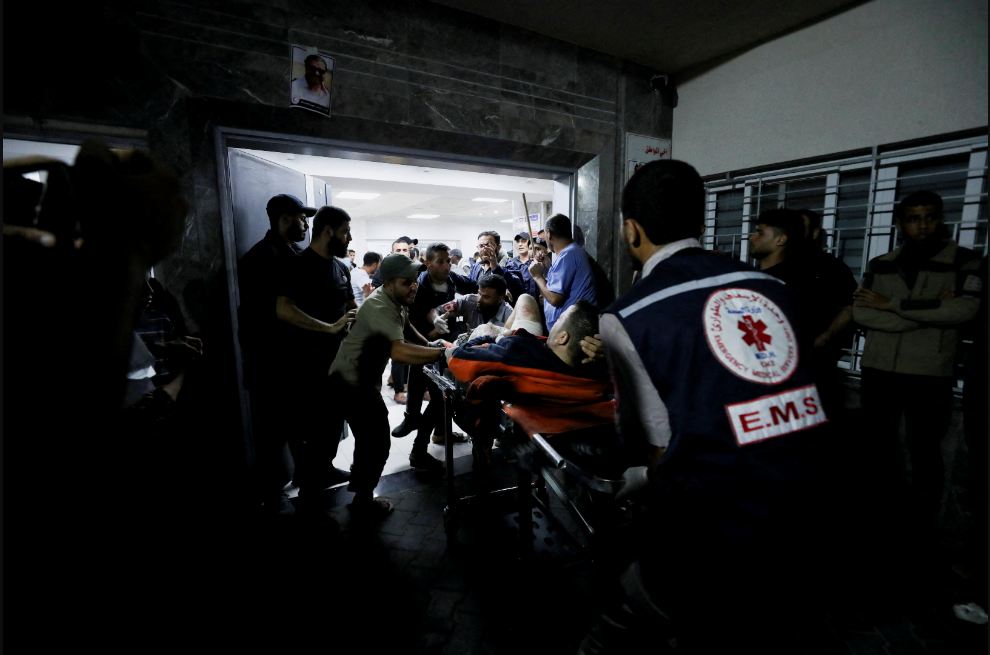Bolivia sex workers protest coronavirus curfew
El Alto (Reuters) – A nighttime curfew imposed by the Bolivian president to try to slow the spread of the coronavirus in the Andean country faces opposition from sex workers, who say their already precarious livelihoods are at stake.
In a neighborhood of El Alto, an impoverished satellite city of the capital, La Paz, more than 50 licensed establishments have been forced to close after the Bolivian government imposed a daily curfew from about 5 p.m. to 5 a.m. As of Sunday, the country was entering a 14-day lockdown, with most businesses shut.
Bolivia, one of the poorest countries in the Americas, has 24 confirmed coronavirus cases, the Ministry of Health said on Sunday.
A sex worker who gave her name as Grisel said she normally looked after her three children in the day and worked at night. Like many Bolivian prostitutes, she is part of a sex workers’ collective. Prostitution is legal in the country, but procuring is not.
“We don’t make much money anyway,” said Grisel. “I work for what I need, but I also try to be careful.”
Lily Cortes, a representative of Bolivia’s sex workers union, said that if the legal establishments cannot function, “unfortunately the sex workers will go out to work the streets and the result will be worse.”
“We are also part of Bolivian society,” said Cortes. “We are sex workers, women, aunts and grandmothers that also have to worry about our work hours.”



